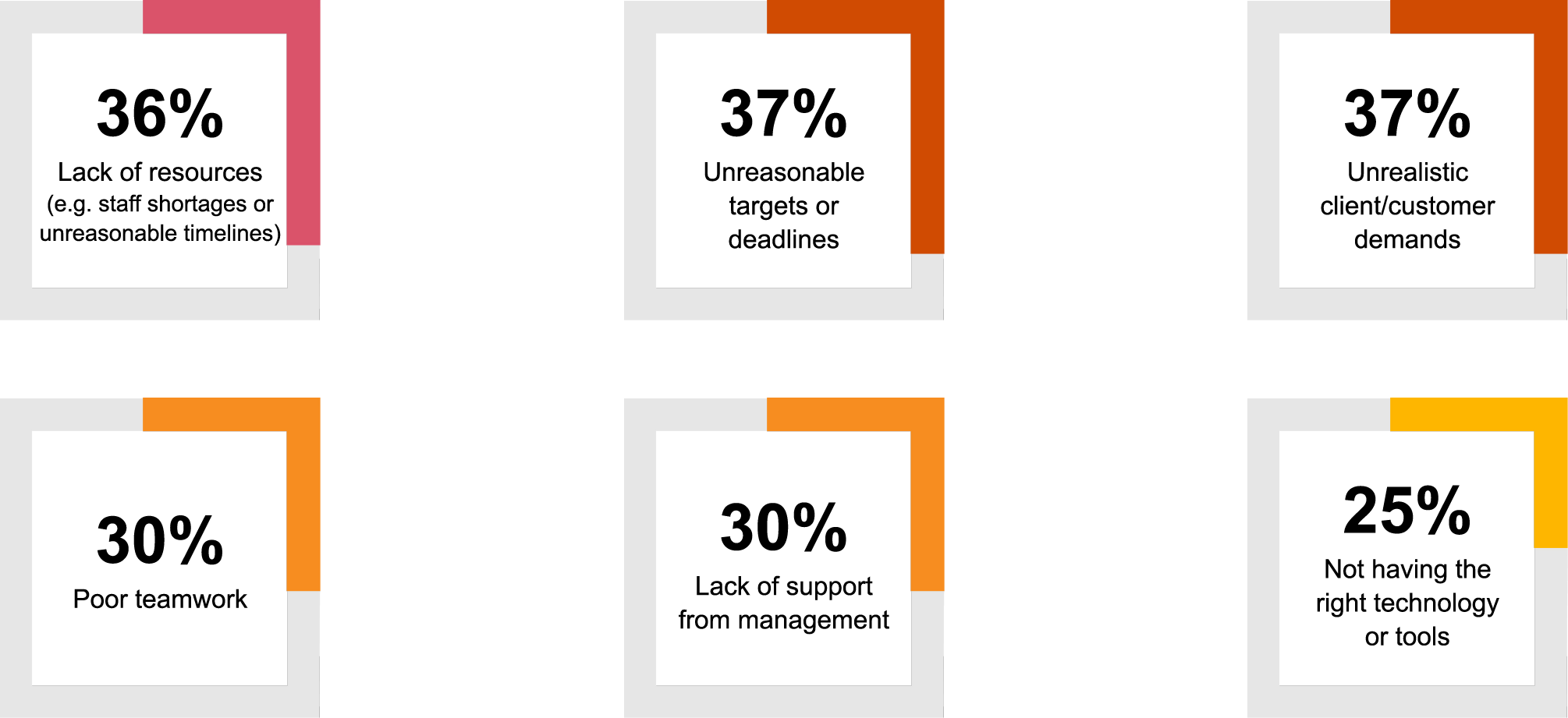Gen Z expects a more supportive work environment
As Gen Z enters the workforce, the labour market witnesses shifting expectations. This generation exhibits particular preferences for flexible working arrangements and feels less comfortable and aligned with their company culture than their more senior peers.
Last year, the Middle East Hopes and Fears survey provided valuable insights into the behaviour of Gen Z individuals (born between 1995-2010) in the workplace. This generation demonstrates unique concerns regarding the support and resources offered by employers for ethical decision-making. They also express lower confidence in employer transparency regarding diversity and inclusion efforts. Additionally, Gen Z individuals are more inclined to engage in frequent discussions with colleagues about social and contemporary issues and exhibit a stronger preference for full-time or predominantly remote working arrangements.
This year, the trend continues as Gen Z seeks a supportive work environment. Globally, over one-fifth of respondents reported frequently facing unmanageable workloads in the past 12 months, with half of them attributing this challenge to a lack of resources.
Read more about the challenges Gen Z faces in the workplace here.

Question: Which of the following factors have created unmanageable workloads for you in the past 12 months?
(Showing only ‘Gen Z’ responses)














